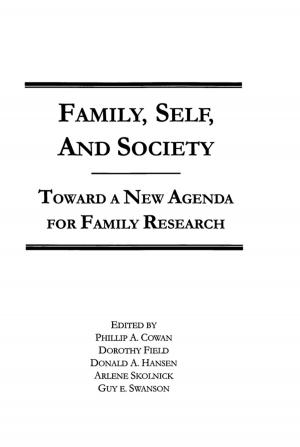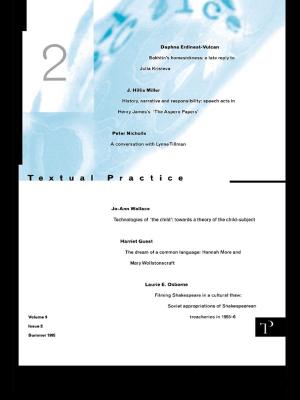| Author: | A.P. Martinich | ISBN: | 9781135180799 |
| Publisher: | Taylor and Francis | Publication: | January 11, 2013 |
| Imprint: | Routledge | Language: | English |
| Author: | A.P. Martinich |
| ISBN: | 9781135180799 |
| Publisher: | Taylor and Francis |
| Publication: | January 11, 2013 |
| Imprint: | Routledge |
| Language: | English |
Thomas Hobbes (1588-1679) was the first great English philosopher and one of the most important theorists of human nature and politics in the history of Western thought.
This superlative introduction presents Hobbes' main doctrines and arguments, covering all of Hobbes' philosophy. A.P. Martinich begins with a helpful overview of Hobbes' life and work, setting his ideas against the political and scientific background of seventeenth-century England. He then introduces and assesses, in clear chapters, Hobbes' contributions to fundamental areas of philosophy:
- epistemology and metaphysics, in particular Hobbes' materialism and determinism and his relation to Descartes
- ethics and political philosophy, concentrating on Hobbes' most famous work, Leviathan, and the theory of the social contract it advances
- philosophy of science, logic and language, considering Hobbes' theory of nominalism and his writing on rhetoric and the uses of language;
- religion, examining Hobbes' analyses of revelation, prophets and miracles.
The final chapter considers the legacy of Hobbes' thought and his influence on contemporary philosophy.
Thomas Hobbes (1588-1679) was the first great English philosopher and one of the most important theorists of human nature and politics in the history of Western thought.
This superlative introduction presents Hobbes' main doctrines and arguments, covering all of Hobbes' philosophy. A.P. Martinich begins with a helpful overview of Hobbes' life and work, setting his ideas against the political and scientific background of seventeenth-century England. He then introduces and assesses, in clear chapters, Hobbes' contributions to fundamental areas of philosophy:
- epistemology and metaphysics, in particular Hobbes' materialism and determinism and his relation to Descartes
- ethics and political philosophy, concentrating on Hobbes' most famous work, Leviathan, and the theory of the social contract it advances
- philosophy of science, logic and language, considering Hobbes' theory of nominalism and his writing on rhetoric and the uses of language;
- religion, examining Hobbes' analyses of revelation, prophets and miracles.
The final chapter considers the legacy of Hobbes' thought and his influence on contemporary philosophy.















